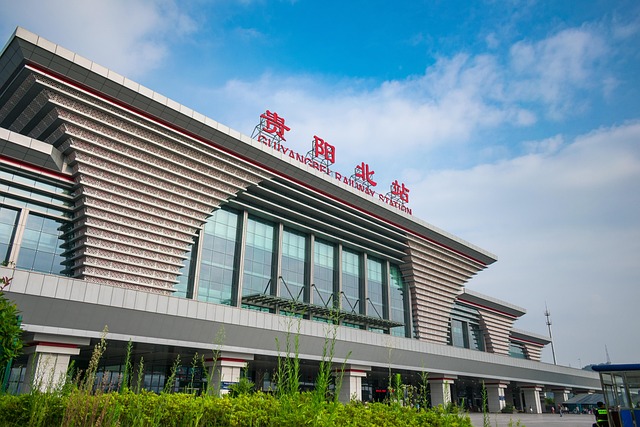
“Exploring the Impact of Documentary Films on Society”
Documentary films have a profound ability to shape our understanding of the world. They serve as a mirror reflecting the complexities of our societies, cultures, and politics. Unlike fictional narratives, a documentary film immerses viewers in real-life stories, presenting facts and emotions that can spark critical conversations and foster awareness.
The power of a documentary film lies in its storytelling. Filmmakers meticulously curate footage, interviews, and narratives to shed light on pressing social issues. Whether it’s addressing climate change, shedding light on human rights abuses, or exploring historical events, these films compel audiences to engage in meaningful dialogues. For instance, documentaries like “13th” and “Won’t You Be My Neighbor?” have not only entertained but also educated viewers about systemic racism and the life of Fred Rogers, respectively. These films encourage us to reflect on our own beliefs and biases, urging us to take action.
Moreover, the accessibility of documentary films in the digital age has expanded their reach. Streaming platforms have made it easier than ever for audiences worldwide to discover and engage with powerful stories. This democratization of knowledge empowers viewers to explore new perspectives they might not encounter in their daily lives. In an era where misinformation can spread rapidly, documentaries serve as a reliable source of information that challenges viewers to think critically.
Additionally, the emotional resonance of a well-crafted documentary film can lead to tangible impacts on societal perceptions. The stories portrayed can humanize issues, attracting empathy and urging society to confront uncomfortable truths. Films such as “Food, Inc.” have awakened a public consciousness about food production and its implications on health and the environment, igniting movements for sustainable practices and ethical consumption.
The creativity and artistry involved in producing a documentary film also cannot be overlooked. Combining visual aesthetics with storytelling technique not only captivates viewers but deepens their connection to the subject matter. Directors often utilize cinematography, sound, and editing to enhance the narrative’s emotional depth, creating an experience that stays with viewers long after the credits roll.
As we continue to navigate complex global challenges, documentary films play an essential role in educating, inspiring, and mobilizing society. They invite us to step into the shoes of communities we may never meet and witness the struggles and triumphs that define the human experience. In doing so, they underscore the strength of storytelling to evoke change in an ever-evolving world.



